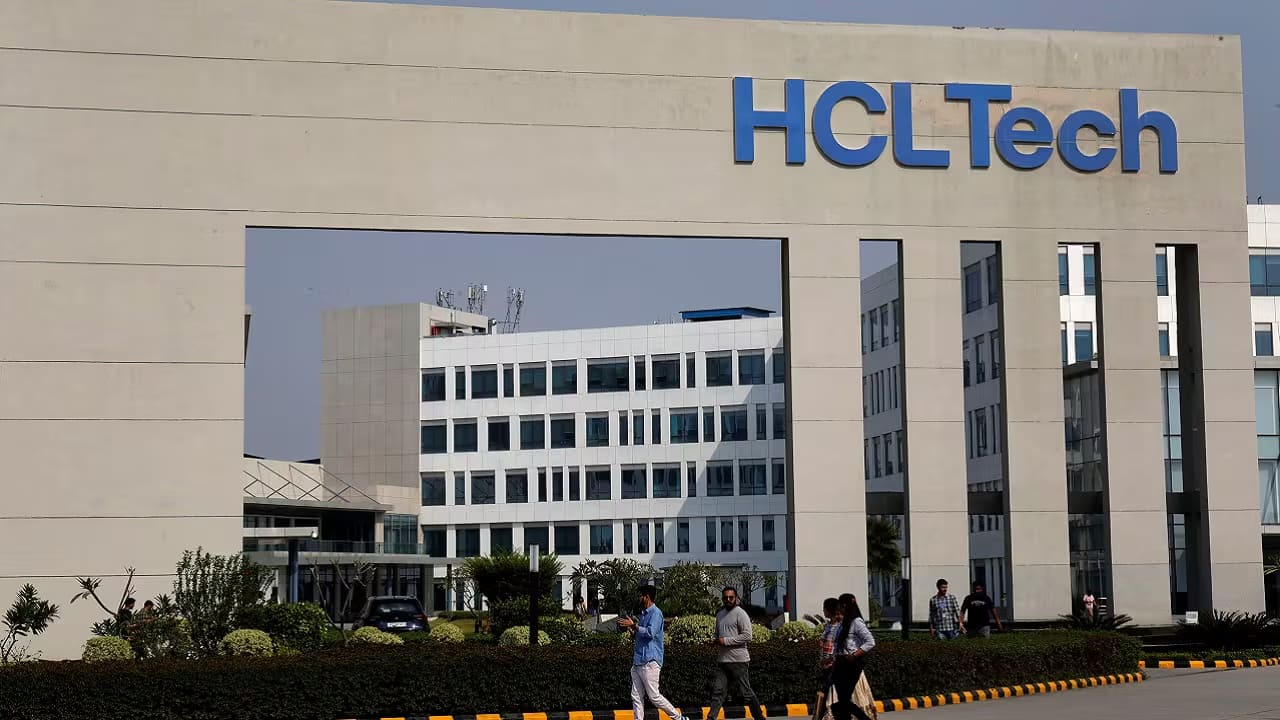 |
|
HCL Technologies (HCLTech) has reported a significant surge in its deal pipeline, nearing an all-time high, according to CEO C Vijayakumar. This growth is notably different from previous peaks driven by single, massive contracts. Instead, this time, the increase stems from broad-based growth across multiple sectors, showcasing a diversified and resilient business model. The Q3 financial results, while meeting market expectations, serve as a strong foundation for this positive outlook. The company’s order books in both the Americas and Europe regions have also reached record highs, reinforcing the strength of the current market position.
Vijayakumar's comments during the post-earnings call highlight a crucial shift in client behavior. The traditional model of large, complex deals is evolving, with a clear trend towards smaller, more manageable contracts. While the Total Contract Value (TCV) hasn't drastically changed, the Annual Contract Value (ACV) has experienced a significant rise, reflecting this transition. This shift may indicate a more cautious approach by clients, opting for smaller, more frequent commitments, or possibly representing an increased focus on agility and adaptability in their IT strategies. This adaptation by HCLTech to this changing market dynamic underscores its ability to navigate the evolving needs of its client base.
The company's success is further underscored by its Q3 deal wins, totaling $2.1 billion, predominantly from its flagship services and software business. The inclusion of Artificial Intelligence (AI) and Generative AI (Gen AI) in a sizable number of these 12 deals indicates HCLTech’s strategic focus on leveraging cutting-edge technologies to meet client demands and remain competitive in the rapidly evolving technological landscape. This strategic focus on AI aligns HCLTech with industry trends, demonstrating foresight and a commitment to innovation. The incorporation of these advanced technologies into numerous contracts suggests a growing client appetite for AI-driven solutions.
The observed growth isn't limited to a single sector; it's a truly broad-based phenomenon. Vijayakumar specifically mentioned strong growth in technology, retail, and consumer packaged goods sectors. This diversification minimizes reliance on any one industry, creating a more robust and less volatile business model, capable of withstanding fluctuations in individual sectors. The improvement in discretionary spending by clients fuels this growth, contributing to the overall positive trend. The financial services sector, despite economic uncertainty, also showed improved client spending, indicating that HCLTech's services are considered essential even in potentially challenging economic environments.
Furthermore, HCLTech reports promising growth in both large and small deals across Europe, showcasing the company's ability to capture market share across a range of deal sizes and geographical locations. The company has also expressed confidence about minimal impact from the recent Los Angeles wildfires on its insurance client contracts in the US, demonstrating resilience even in the face of unforeseen external events. This confidence underscores the robustness of its risk management strategies and the strong relationships it maintains with its clients. This combination of widespread growth across sectors and geographies, coupled with its strategic response to client needs, paints a picture of strong performance and continued potential for growth.
The trends observed by HCLTech are mirrored by other industry leaders. Tata Consultancy Services, for instance, has also noted similar shifts in client behavior, including shorter deal cycles, corroborating the notion that these changes are not isolated incidents but rather represent a wider industry-wide shift. This shared experience across major players lends further credibility to the observed trend and signifies a potentially lasting change in the business landscape. The observation that large deals are being broken into smaller ones indicates a possible increase in client risk aversion or a preference for greater flexibility in project management.
In conclusion, HCLTech's Q3 performance and outlook are exceptionally positive, fueled by a broad-based surge in its deal pipeline, driven by increased demand and a strategic adaptation to evolving client preferences. The company's focus on AI and Gen AI, alongside its diversified clientele and robust risk management strategies, positions it favorably for continued success in the competitive technology sector. The shift towards smaller deals, while not significantly impacting the TCV, leads to an increase in the ACV, suggesting a healthier, more sustainable revenue stream. Overall, the company appears well-positioned for future growth and continues to be a key player in the global technology services market.
Source: HCL's deal pipeline nears all-time high, growth across verticals seen this time: CEO C Vijayakumar
